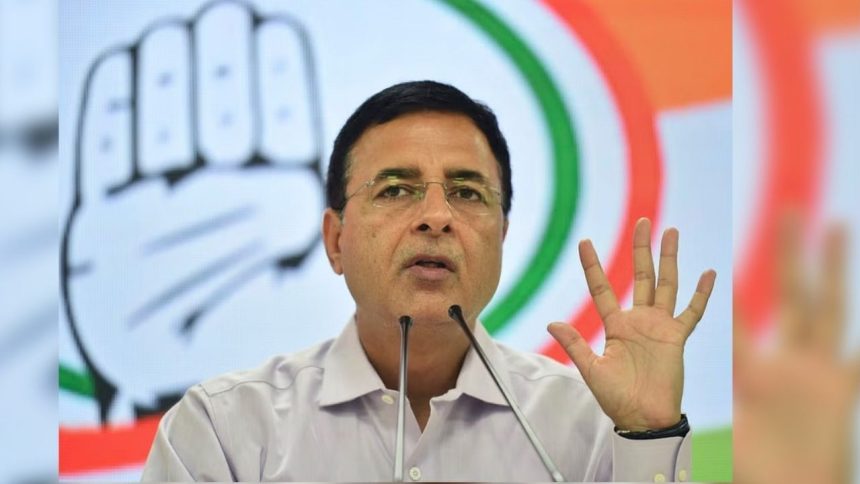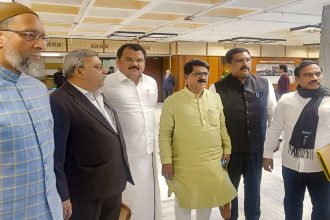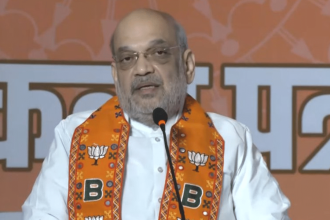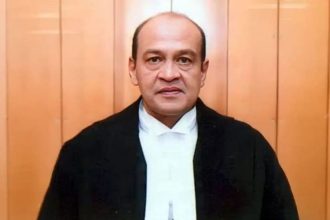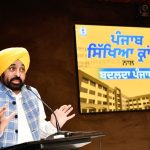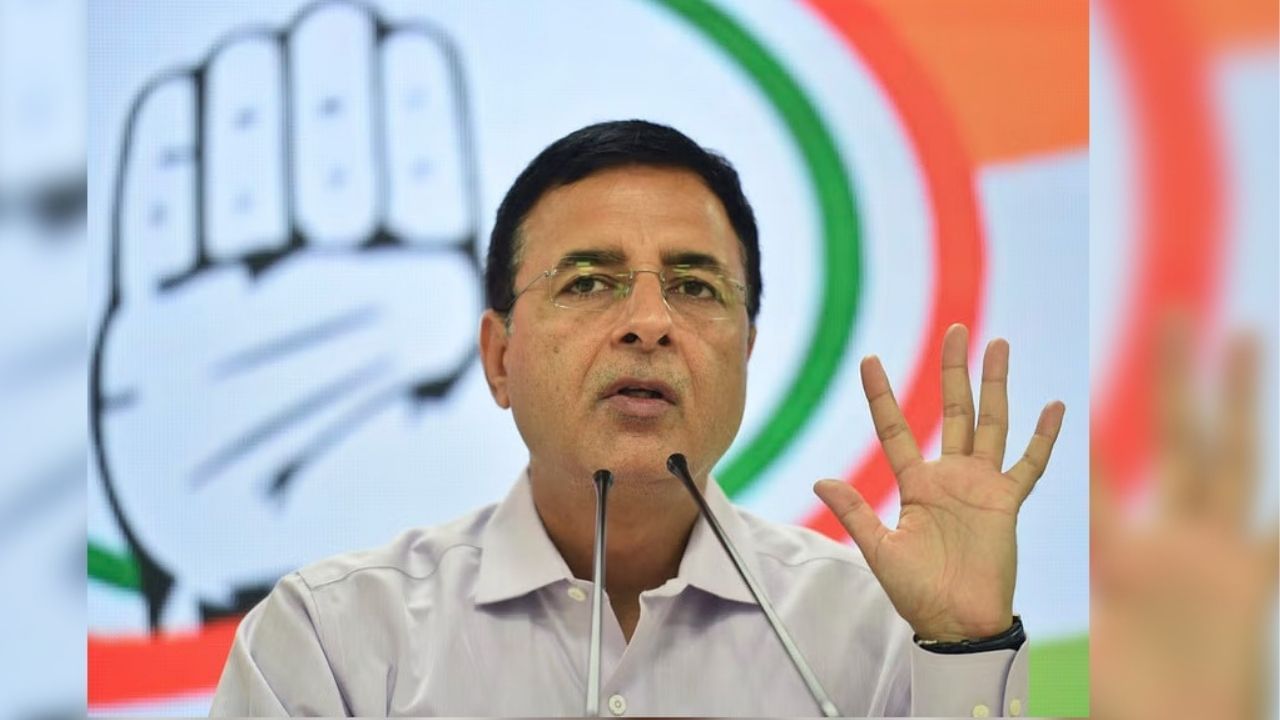
New Delhi: In a sharp political salvo, Congress General Secretary and Rajya Sabha MP Randeep Singh Surjewala on Monday questioned the Narendra Modi-led government’s silence following a sudden ceasefire agreement between India and Pakistan, brokered by the US. Surjewala demanded transparency on what he described as an “abrupt halt to Operation Sindoor”. The military campaign under Operation Sindoor dealt significant blows to Pakistan-backed terror infrastructure.
“The valour, perseverance, and determined response of our Armed Forces has made every Indian proud,” Surjewala said. “But the political leadership must now answer to the nation.”
Ceasefire announced by US, not India
The ceasefire was first announced not by Indian officials but by US President Donald Trump, who declared at 5:33 PM IST on May 10 that India and Pakistan had agreed to a “full and immediate ceasefire” after an intense night of negotiations mediated by Washington. The announcement was soon echoed by US Secretary of State Marco Rubio and Vice President JD Vance.
It was only at 5:58 PM that India’s Foreign Secretary Vikram Misri confirmed the ceasefire, stating that it was agreed upon between the Directors General of Military Operations (DGMO) of both countries. The US also revealed that talks would soon begin between the two nations at a “neutral venue.”
9 questions for the Modi government
Calling the developments a major deviation from India’s established diplomatic doctrine, Surjewala listed nine very pointed questions that, he said, the Modi government must urgently answer:
- What strategic, military, and political objectives has India achieved by agreeing to the ceasefire?
- Was the ceasefire mediated by the US government? If so, why is the Indian government downplaying this fact and attributing it only to DGMO-level talks?
- What are the specific terms and framework of this ceasefire agreement?
- Under what conditions has India agreed to resume talks with Pakistan?
- Why has India agreed to talk at a neutral third-party location — a clear deviation from the “no third-party mediation” policy?
- Why is the US being allowed to equate India with Pakistan, despite Pakistan’s track record as a state sponsor of terrorism?
- Why has PM Modi not responded to President Trump’s statement suggesting US mediation on the Kashmir issue?
- Why has the Indian government not publicly rebutted Pakistan Prime Minister Shehbaz Sharif’s false claims of victory and validation of terror safe havens?
- Given that Pakistan allegedly violated the ceasefire within hours through drone attacks and heavy shelling, what is the ceasefire’s current status and credibility?
‘Country deserves clarity’
Surjewala criticised both Prime Minister Modi and Home Minister Amit Shah for maintaining what he called a “stony silence” in the wake of major geopolitical developments. “It is unprecedented that neither the Prime Minister nor the Home Minister has come forward to state India’s position. The country deserves clarity, especially when Pakistan is peddling a false narrative,” he said.
The Congress leader also questioned the implications of the US-led mediation, saying it risked undermining India’s longstanding stance that the Kashmir issue and other bilateral matters must be resolved directly between New Delhi and Islamabad, without any external involvement.
As strategic analysts and opposition parties raise concerns about a perceived diplomatic backfoot, the government has so far refrained from issuing a detailed public statement beyond the Foreign Secretary’s formal note.
A call for accountability
The political temperature around the ceasefire has been rising, with critics accusing the Modi government of bypassing Parliament, the public, and India’s strategic community on an issue of critical national interest.
“The nation awaits answers,” Surjewala said. “And silence is not an option.”


